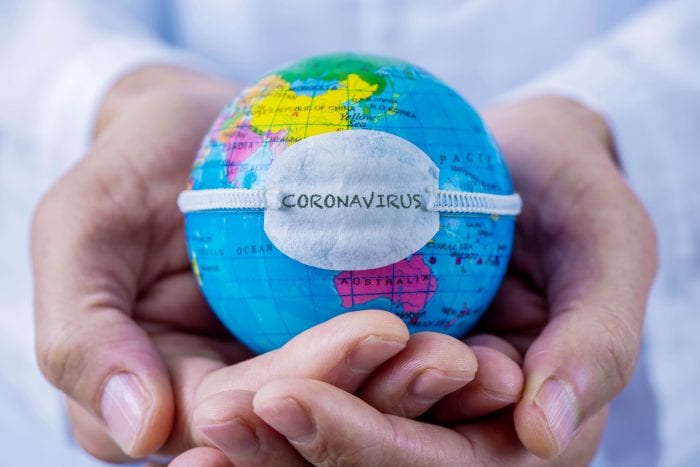By Elof Axel Carlson

Humans have known of epidemics throughout recorded history.
Biblical “visitations” as they were called, include locusts, infectious diseases, fire and brimstone, and other calamities, the worst of which was the Noachian Flood that wiped out most of life that could not survive in the air, in the water, or on Noah’s ark. That is a religious, not secular event.
Secular plagues go back to Roman, Greek, and Egyptian civilizations. These could have been typhus, cholera, and bubonic plagues. The most disastrous in more recent memory was the bubonic plague of the 1350s which killed one third of the population.
Our present worry is the coronavirus pandemic. As I write this, it is in its still early stage, with only a few countries imposing a nationwide quarantine and testing program to check its spread. From the early statistics it does not seem to kill more than 3 percent of those infected. That too is skewed by the heavier mortality among the aged population (those over 65) where it is as high as 10 percent of those infected.
I am 88 so I am aware of my vulnerability and follow the directives about travel, meetings, handwashing and being careful but not obsessed (I have not hoarded food or antiseptics). I am confident this will pass without killing a substantial portion of humanity.
One reason it is hard to do a Noah-like massacre of all life on land is the nature of our immune systems. It is hard to design or conceive of a protein surface of a virus or bacterium that can penetrate any cell of any organism. In order to enter, a microbe must have a surface protein capable of attachment to the host cell. It must have one or more proteins capable of digesting that surface. It must have one or more capacities, once entering its DNA or RNA, to replicate and produce more of its kind than any effort by the cell or the infected organism to attack it.
We know this has never happened in the past three billion years of life because we are alive. There is a constant, back and forth, relation of mutations that increase virulence or hosts and new mutations that prevent microbes from entering or surviving in a penetrated cell. The odds are also in our favor because humans can develop vaccines to immunize against infections.
What this pandemic reminds us, however, is that our governments need to anticipate such events (usually once or twice a century) with public health programs and effective limits of public gathering and isolating those infected.
At its early stages the temptation is to deny that an epidemic is starting or will be widespread. No one wants commerce to be disrupted by fears that empty our stores and diminish spending. For this reason, people who have spent their careers in public health are more trustworthy than politicians who are guided by wishful thinking that this is just a false alarm.
Whenever I read of health workers dying from contact with individuals who sicken and die, the biologist in me says listen to the experts in public health, not those who are guided by their political ideologies and instincts.
Elof Axel Carlson is a distinguished teaching professor emeritus in the Department of Biochemistry and Cell Biology at Stony Brook University.





